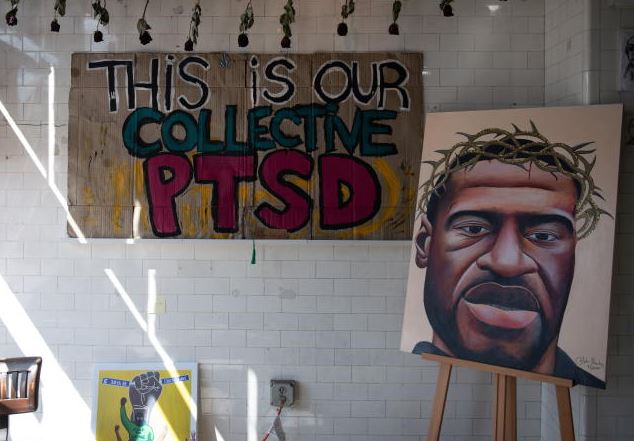×
The Standard e-Paper
Home To Bold Columnists

A scene at George Floyd Square the weekend before closing arguments in the Derek Chauvin trial in Minneapolis, US. [Reuters]
They named him badly. And he lived up to his bad name, Derek Chauvin. Before him, there was another Chauvin, Nicolas Chauvin. He served in the French army, under Napoleon Bonaparte, and fought gallantly in the Napoleonic Wars (1803 – 1815). Nicolas met his disaster with Bonaparte in the Battle of Waterloo. Here, his commander was captured and taken hostage.